Sustainable development goals
Metaflex for a better world
Metaflex thinks it’s important to contribute to a better and cleaner world. Therefore, we have committed ourselves to four of the seventeen Sustainable Development Goals (SDGs) of the United Nations (UN). Our goal: make the world a better place in the year 2030.
Seventeen specific ambitions
In 2012 the SDGs were drawn as a continuation on the first Millennium Development Goals which were put-up in the year 2000. With the first shared blueprint they tried to fight extreme poverty, inequality, diseases and hunger. Some of the goals were achieved and big steps were taken in the right direction on all goals.
The current SDGs are based on input from individuals and organizations and have therefore more support-base. In addition, they are more ambitious. Except for the fight against poverty and hunger, there is now more attention on safety, economic development and environment. Behind these 17 goals are 169 targets that make the goals even more specific. For more information, we refer you to the website of the UN.
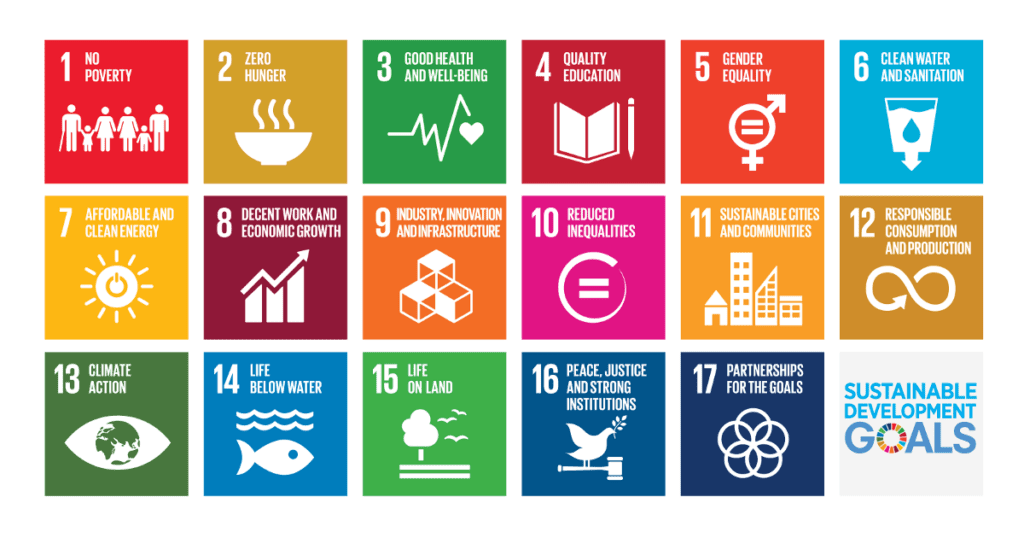
The four goals Metaflex has committed herself to are; good health and well-being, affordable and clean energy, decent work and economic growth and last responsible consumption and production.
3. Good health and well-being
Good health and well-being for young and old: A big goal which is specified by setting targets regarding the reduce of infant and maternal mortality, alcohol and drugs addiction and road fatalities. There are also targets for safeguarding sexual and reproductive health and rights.
Metaflex contributes to this goal by practical solutions in our factories to ensure the safety of our employees. Metaflex Doors does this by reducing dust and the use of protective materials. We also subject our machines to safety checks that take the safety of the machines into account and thus the user safety for our employees. Finally, we place a lot of value on certificates. For example, as company we’re VCA certified and our employees who use forklift trucks are CCV certified.
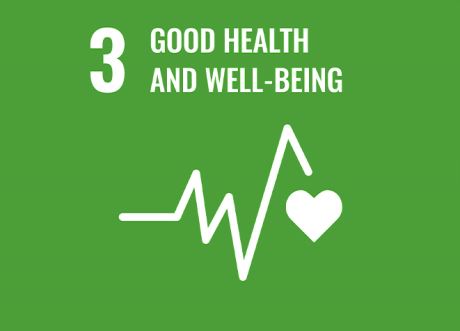
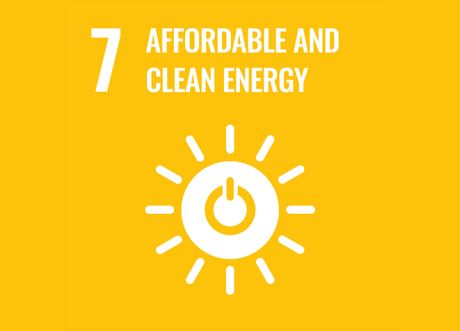
7. Affordable and sustainable energy
Affordable and clean energy is an important part in the development of our well-being and prosperity. This SDG sets different targets such as universal access to affordable and reliable energy, using more renewable energy, more international cooperation to conduct research into clean energy and last to ensure that we are able to offer renewable energy to all developing countries.
We try to reach this goal by first getting a clear view of our ecological footprint. In the next three years Metaflex wants to compensate for our CO² emission by three steps. First we’ll start to compensate for our business travels and flight travels by, for example, planting trees. Second this will be extended to compensate for the CO² emission of our factories. To reach this second part we are currently looking into the possibilities of energy transition . Thirdly we want to complete this plan on the basis of a Life Cycle Assessment (LCA). You can read more about this at SDG 12.
8. Decent work and economic growth
The goal of this SDG is to reach a persistent, inclusive and sustainable economic growth. This means that everyone who is able to work should have the opportunity to work under decent and fair working conditions. These jobs must ensure economic growth without harming the environment. Further, the eight goal will be reached by paying attention to unemployment, child labor and slavery.
This goal has been chosen for our sister company in India. In India our sister company contributes to these targets by different targets. For example, by providing support to underprivileged girls with the aim that they can take steps in society and by offering scholarships to people who doesn’t have the means to study further.
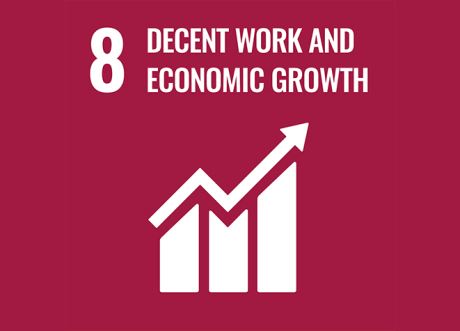
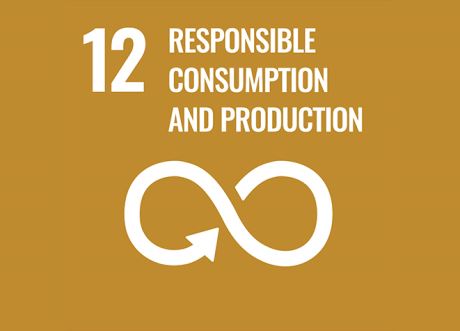
12. Responsible consumption and production
This goal focuses on sustainable consumption and production that reduce the use of polluting energy sources. Production processes must be cleaner since there is still a lot of waste in the air, water and soil. In addition, this goal is specified by targets about fair food production, food waste and waste production.
As became clear under goal seven, Metaflex reduces its ecological footprint with the aim of producing energy neutral. Part of this is a Life Cycle Assessment in which will be innovated by using products which are less harmful to the environment. This will be the beginning of a completely recyclable product!



